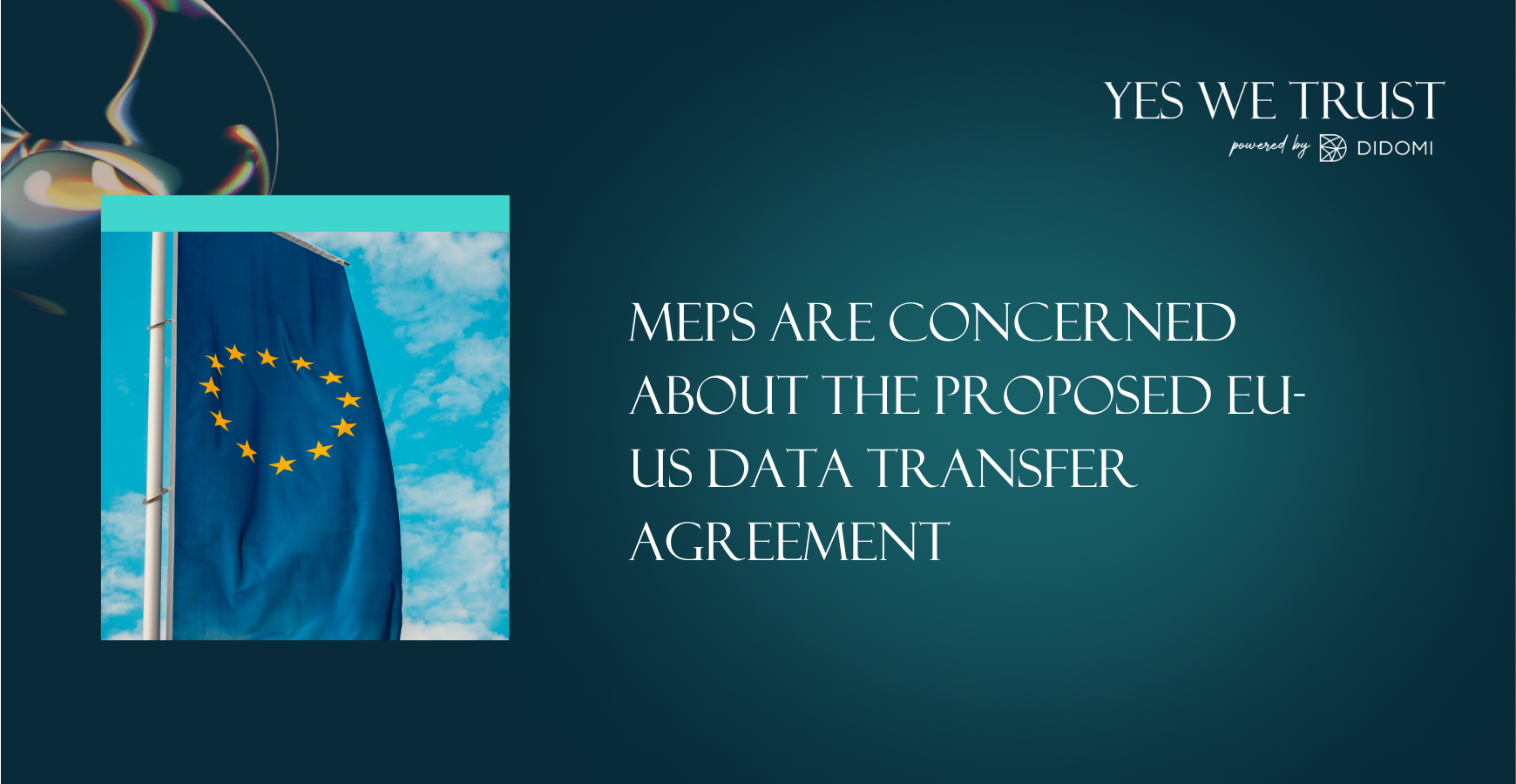Summary
U.S. President Joe Biden issued an executive order on Monday, March 27, restricting the purchase and use of private spyware by all U.S. government branches and agencies, the White House announced.
The document bans software that poses "significant security risks" to the United States, or "significant risks" of misuse by a foreign government to violate human rights, according to a statement from the U.S. executive branch.
The U.S. president's executive order comes as part of the second "Democracy Summit," a largely virtual U.S.-led event that opens Tuesday and runs for three days.
Without being a total ban, this decision limits the possibilities of security agencies who would like to monitor the phones of suspects using software such as Predator or Pegasus, which can suck the contents of a phone very discreetly.
The revelations of "Project Pegasus" in 2021 showed that Pegasus software, officially sold for counter-terrorism and organized crime purposes, was widely used by purchasing countries to monitor lawyers, human rights activists and journalists, in violation of international law. U.S. embassy personnel were also among the victims.
The United States placed NSO Group, the company that markets the spyware, on its list of sanctioned companies.In the United States, the FBI acknowledged having acquired a "limited license" to "test" Pegasus.
The U.S. federal police assured that they had never used this tool in any investigation and that they wanted to understand how it worked.
In mid-March, the New York Times also revealed that a Greek-American employee of Meta, working on sensitive issues, had been spied on using the Predator software.
The Greek security services are suspected of having made massive and illegal use of this spyware.







